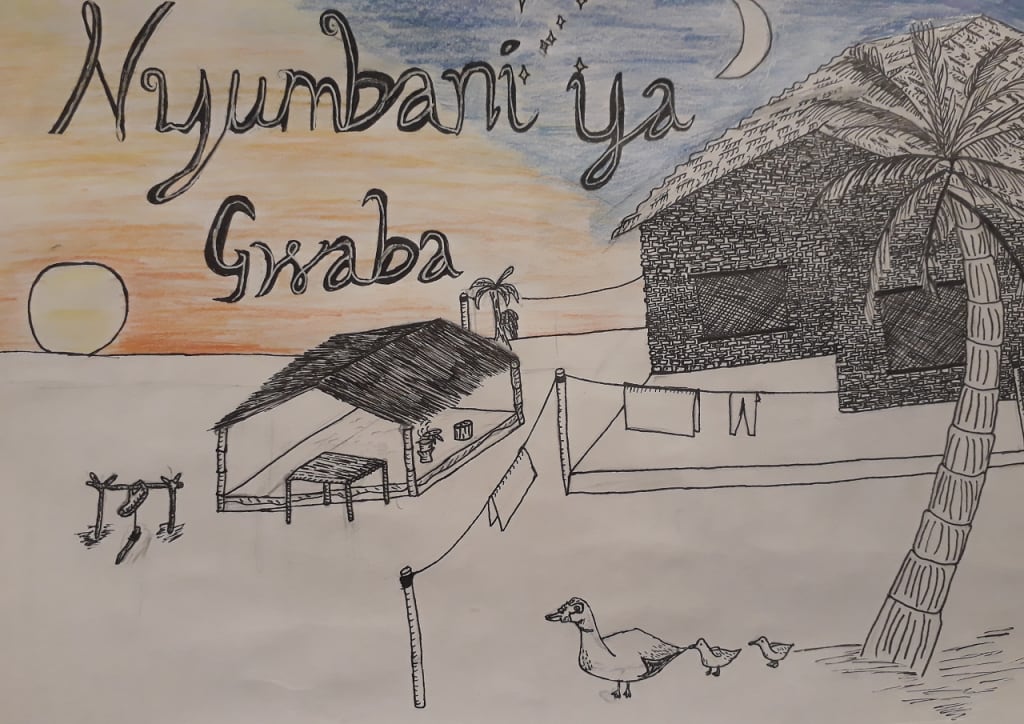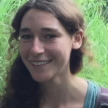
The people we connect with are often the very foundation of our existence. Everything we see shapes our perception, but some experiences and connections will take precedent. While volunteering in Tanzania, I had the chance to meet many special people who touched my heart, changed how I saw the world, and whose time I was fortunate enough to share and will be treasured forever. This article is about my host family, the Gwabas, who I had the pleasure of staying with for three months during my placement, and who are certainly some of those special people.
I met the family while volunteering with International Citizen Service (UK government initiative). Our team were building toilets at a local school while engaging the community in water sanitation and hygiene through lessons, action days, and meetings. Volunteers were based in local houses, living with local families. It meant we as volunteers could be immersed into the local culture and connect with the community.
Myself and my counterpart moved into the home after dark. It was therefore not until the next morning that I really began to appreciate the beauty of the surroundings. The Gwaba’s home was on the outskirts of the village and had reasonably large grounds that separated it from other surrounding homes. It was peaceful and quiet, but something of a social hub in this area of the village. The home and grounds were always filled with laughter and people making memories—from breakfast until after dinner. Banana, palm and coconut trees dotted the grounds and the family's chickens and ducks would roam freely throughout the day.
Day by day, I learnt their routines. Water was gathered from a nearby well and hand pumped for cooking, cleaning, and drinking in the morning. The sandy grounds were also swept with a reed broom to clear leaves and small bits of debris, and the home’s interior was mopped. I admired the pride they would pour into all they owned and all the tasks they completed. I remember seeing my mama ironing baba’s (the father’s) shirt with a coal iron, and how it was folded like a newly bought shirt. These routines became a part of mine while I lived there.
As well as their routines, I learnt new cooking techniques. I’ve always loved cooking, and learning these traditional techniques with mama on weekends was always a pleasure. There would always be a little laugh when I tried to learn, how slow it took me to grate coconuts and to stir the ugali for the first time, between the local mamas who would congregate at the Gwabas. They would laugh even harder while watching me try to hand wash my clothes. The laughter was never mean, though, and they would always lend a helping hand and show me the best techniques.
I was touched by the kindness of the family and the neighbours. Even though we spoke different languages, we accommodated each other, learnt about each other, and perhaps learnt about ourselves too. It was hard to say goodbye, but that meant I was leaving something special. A family who had opened their lives to me and took me in with open arms.
I built a special connection with the Gwabas. It’s not often we get the chance to stay in a homestay: our trips are too short to build such relationships because we have get back to the office or must move onward and explore new places. I would say, for anyone given the opportunity: jump in. You’ll be immersed into another way of life and, most importantly, form a new family far from a place you might call home.






Comments
There are no comments for this story
Be the first to respond and start the conversation.